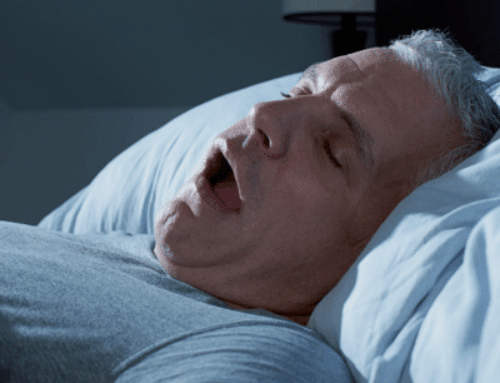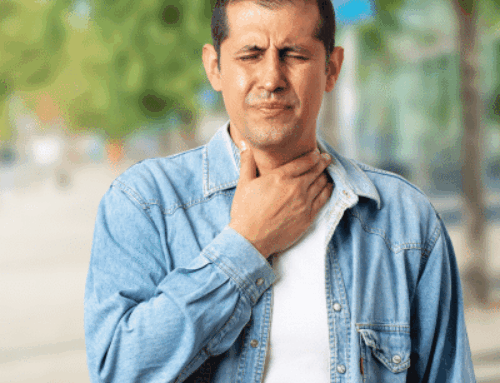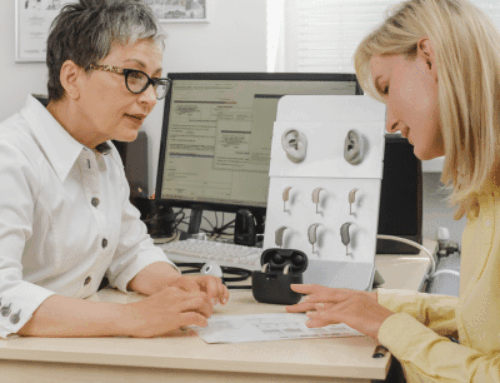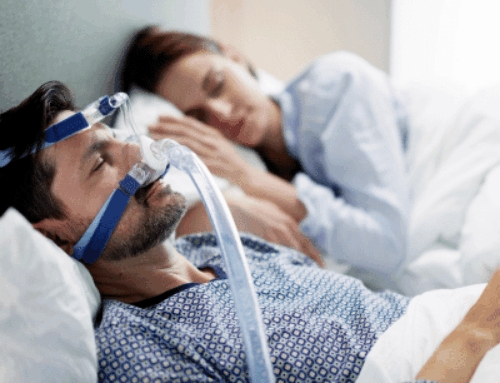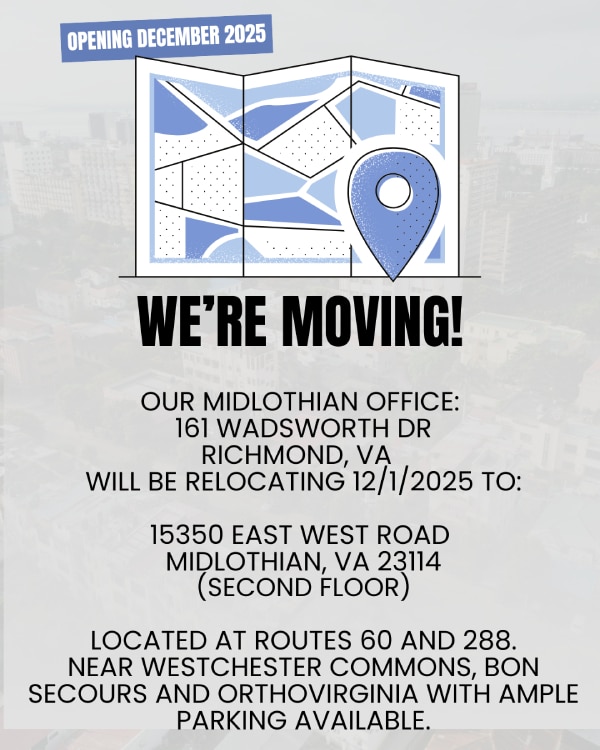Noise-induced Hearing Loss
Hearing is one of our most precious senses, allowing us to connect with the world around us. According to the CDC, 17% of adults between the age of 20–69 years have permanent damage to their hearing due to noise. This condition is caused by repeated exposure to damaging noise or even one sudden, loud noise—it is also preventable. In addition to diagnosing and treating all kinds of hearing problems, our providers at Virginia ENT educate patients about protecting themselves against noise-induced hearing loss.
What Is Noise-Induced Hearing Loss (NIHL)?
Noise-induced hearing loss, as the name suggests, is a type of hearing impairment caused by exposure to loud noises. It occurs when the delicate hair cells in the inner ear, responsible for transmitting sound signals to the brain, become damaged or die due to excessive noise exposure. NIHL can be temporary or permanent, depending on the intensity and duration of the noise exposure.
Causes of Noise-Induced Hearing Loss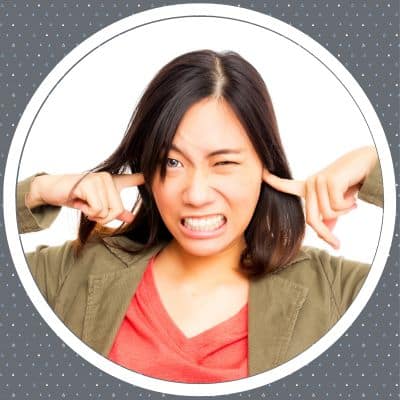
- Occupational Noise: Many jobs involve exposure to high noise levels, including construction workers, factory employees, and musicians. Prolonged exposure to loud machinery, equipment, or music can lead to NIHL.
- Recreational Activities: Leisure activities such as shooting firearms, attending concerts, or using power tools without hearing protection can cause damage to your hearing over time.
- Environmental Noise: Living in a noisy urban environment or being exposed to loud traffic, sirens, or airplanes can contribute to NIHL.
- Personal Music Players: Listening to music at high volumes through headphones or earbuds, especially for extended periods, can harm your hearing.
- Hobbies: Certain hobbies, like motorcycling or riding snowmobiles, can expose individuals to damaging noise levels if proper protection is not used.
- Gunfire: The sound produced by firearms, even when firing just a few rounds without ear protection, can cause immediate and long-term hearing damage.
Signs and Symptoms
Noise-induced hearing loss typically develops gradually, making it easy to overlook in its early stages. Common signs and symptoms include:
- Difficulty understanding speech, especially in noisy environments.
- Ringing, buzzing, or hissing sounds in the ears (tinnitus).
- Muffled or distorted hearing.
- The sensation of fullness in the ears.
Preventing Noise-Induced Hearing Loss
The good news is that noise-induced hearing loss is largely preventable. Here are some steps you can take to protect your hearing:
- Wear Hearing Protection: Use earplugs or earmuffs when exposed to loud noises at work, during recreational activities, or at concerts and sporting events.
- Limit Noise Exposure: If possible, reduce the amount of time you spend in noisy environments, and maintain a safe distance from loud sources.
- Lower the Volume: When using personal music players or watching TV, keep the volume at a reasonable level. Consider using noise-cancelling headphones.
- Take Breaks: Give your ears a break from noise. If you’re exposed to loud sounds for an extended period, take regular breaks in quieter environments.
- Get Regular Hearing Check-ups: Schedule regular hearing check-ups with an audiologist or healthcare provider to monitor your hearing health.
- Educate Yourself: Learn about the noise levels associated with various activities and environments to make informed decisions about your hearing protection.
By understanding the causes and taking proactive steps to protect your hearing, you can enjoy a lifetime of clear and vibrant auditory experiences. Regular hearing check-ups, avoiding exposure to loud noises, and using ear protection when necessary can go a long way in maintaining your hearing health. Remember, your hearing is invaluable, so take the necessary precautions to preserve it for years to come. Early intervention can help catch potential issues before they become significant problems, ensuring that you can continue to enjoy the sounds that matter most to you. Stay mindful and safeguard your hearing for a healthier future.

